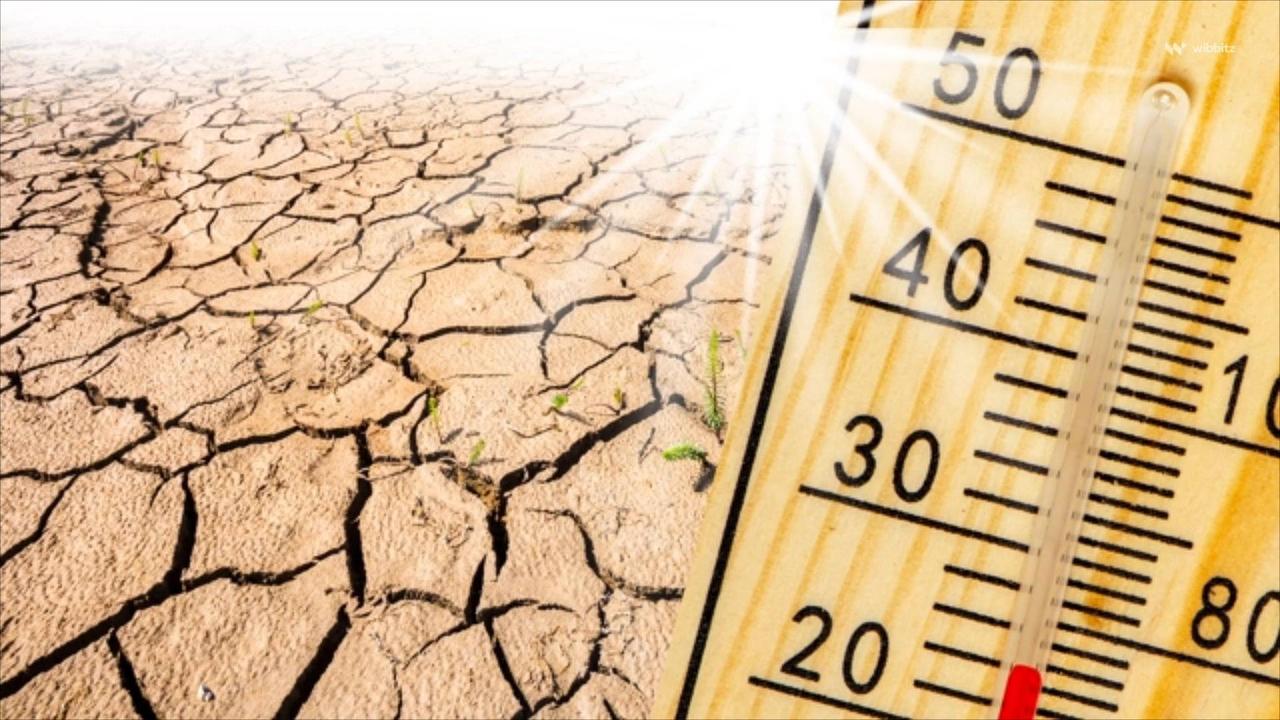New Study Supports Evidence That Summer 2023 Was the Hottest in Over 2 Millennia

New Study Supports Evidence That Summer 2023 Was the Hottest in Over 2 Millennia
New Study Supports Evidence , That Summer 2023 Was the , Hottest in Over 2 Millennia.
According to an analysis of tree rings going all the way back to year one, 2023 was the hottest summer in the Northern Hemisphere in over 2000 years.
.
According to an analysis of tree rings going all the way back to year one, 2023 was the hottest summer in the Northern Hemisphere in over 2000 years.
.
HuffPost reports that scientists analyzed over 10,000 tree rings to determine temperature levels dating back two millennia.
The team from the University of Cambridge and the Johannes Gutenberg University Mainz found that the summer of 2023 was 2.2 degrees Celsius above average.
The temperature from June to August 2023 was compared to average temperatures from the same period between year one and 1890.
.
When you look at the long sweep of history, you can see just how dramatic recent global warming is.
, Ulf Büntgen, Cambridge Department of Geography, via HuffPost.
2023 was an exceptionally hot year, and this trend will continue unless we reduce greenhouse gas emissions dramatically, Ulf Büntgen, Cambridge Department of Geography, via HuffPost.
HuffPost reports that 2023 saw global record-breaking ocean temperatures, widespread wildfires across the continent and scorching heat in cities.
It’s true that the climate is always changing, but the warming in 2023, caused by greenhouse gases, is additionally amplified by El Niño conditions, so we end up with longer and more severe heat waves and extended periods of drought, Jan Esper, professor at the Johannes Gutenberg University Mainz and lead author of the paper, via HuffPost.
It’s true that the climate is always changing, but the warming in 2023, caused by greenhouse gases, is additionally amplified by El Niño conditions, so we end up with longer and more severe heat waves and extended periods of drought, Jan Esper, professor at the Johannes Gutenberg University Mainz and lead author of the paper, via HuffPost.
When you look at the big picture, it shows just how urgent it is that we reduce greenhouse gas emissions immediately, Jan Esper, professor at the Johannes Gutenberg University Mainz and lead author of the paper, via HuffPost.
When you look at the big picture, it shows just how urgent it is that we reduce greenhouse gas emissions immediately, Jan Esper, professor at the Johannes Gutenberg University Mainz and lead author of the paper, via HuffPost.
The team's findings were published in the journal 'Nature.'


![Eye on the sky: Northern Hemisphere witnesses partial solar eclipse on Saturday [Video]](https://video.newsserve.net/300/v/20250329/1406554016-Eye-on-the-sky-Northern-Hemisphere-witnesses-partial.jpg)
![Spectators see partial solar eclipse from Observatory [Video]](https://video.newsserve.net/300/v/20250329/1406548406-Spectators-see-partial-solar-eclipse-from-Observatory.jpg)
![U.S White House Kicks Out Reuters Reporter |Journalists' Foul Cry Karoline Leavitt seizes Press Pool [Video]](https://video.newsserve.net/300/v/20250227/1403700650-White-House-Kicks-Out-Reuters-Reporter.jpg)